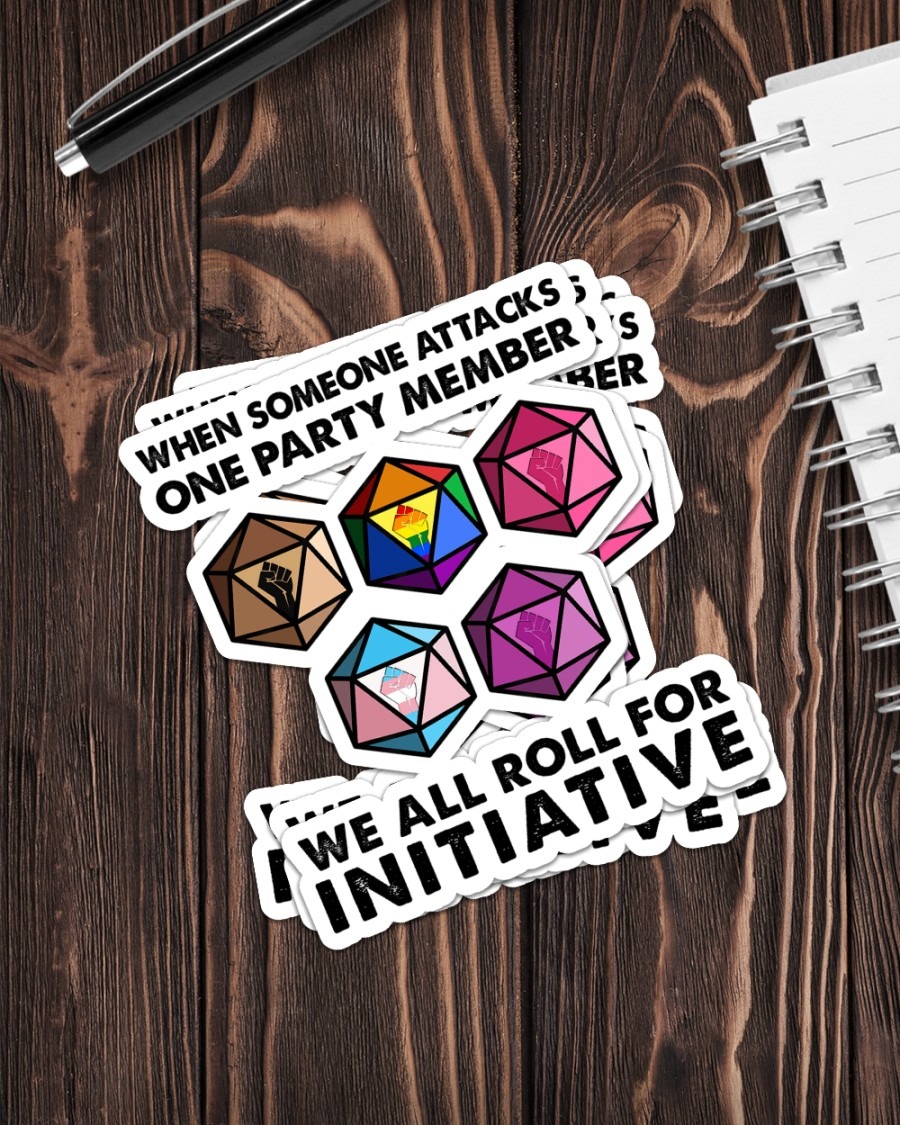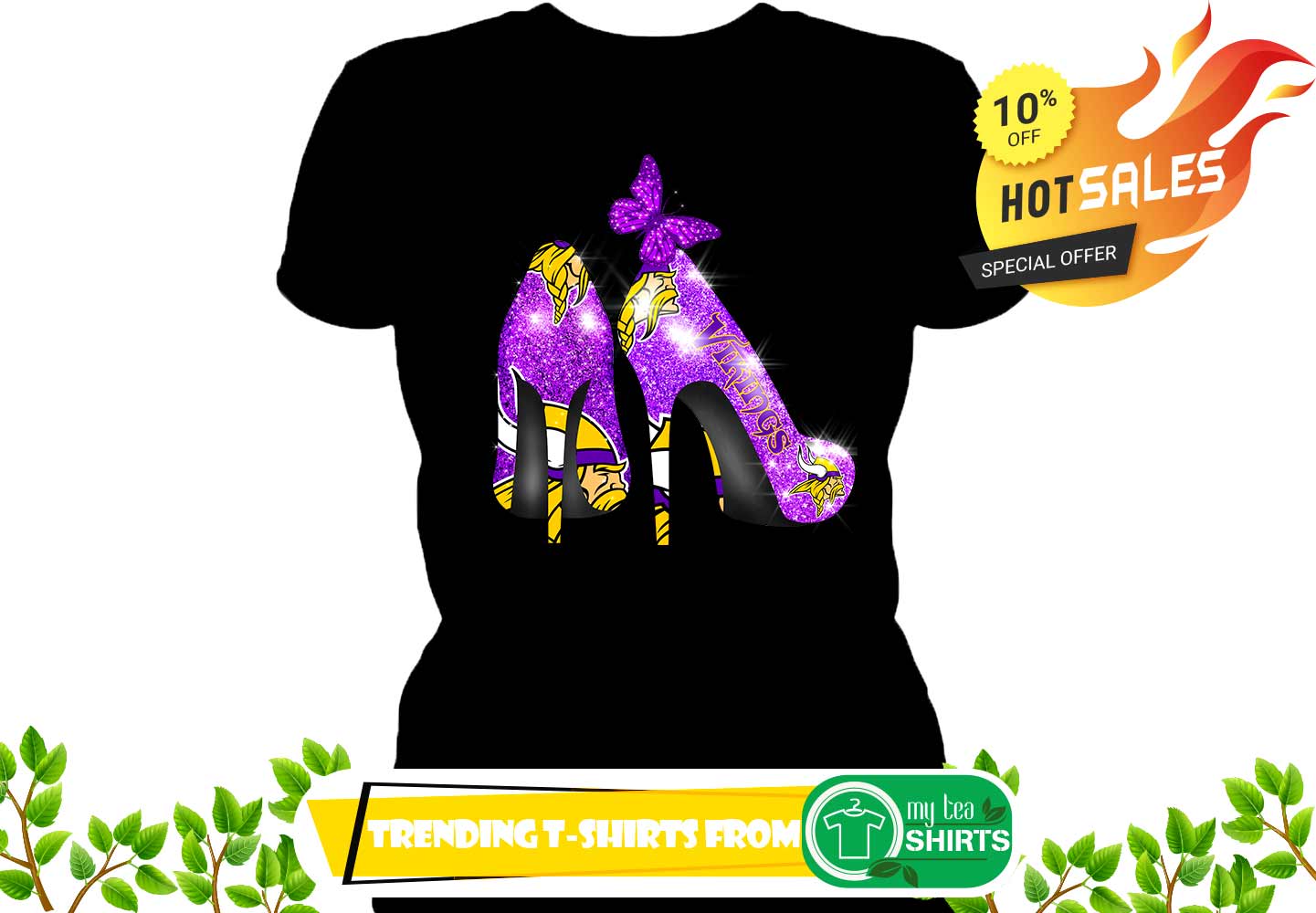I wear this shirt periodically but only when im in my element Shirt
Aftab: As a psychiatrist, when I look back at the evolution of depression, a pair of developments in recent decades appear to me to be notable, although their historical significance is probably yet to be seen. The first is the notion of treatment-resistant depression (TRD). There has been increasing recognition that a majority of patients either do not experience resolution of their depression with standard antidepressants, or if do, they do not stay well over time. This has led to more aggressive pharmacotherapy, such as augmenting with atypical antipsychotics, and the recently approved medication esketamine. The second is that bipolar disorder has been steadily encroaching on the territory of depression, such that even in the absence of mania or hypomania, many psychiatrists classify the presentation as being on the bipolar spectrum. Just as the development of antidepressants led to an increase in the diagnoses of depression, development of medications for bipolar depression have led to an increase in the diagnoses of bipolar disorder. Any preliminary thoughts of these developments as a historian?


I wear this shirt periodically but only when im in my element Shirt
I also hope we might be liberated from the cycle of hype and disappointment about new treatments. Most of the major treatments for depression over the last century (psychoanalysis, ECT, CBT, and antidepressants) have been overemphasized by some zealous proponents. Then disappointment (dare I say, depression?) comes when the harms or limitations of the treatments become clear. In turn, we rush to condemn the old treatment as worthless and latch on to something new, which is thought to lack the flaws of the earlier ones. But the old treatments still had something to offer, and the new ones prove to have flaws, though we may not see them right away.





















